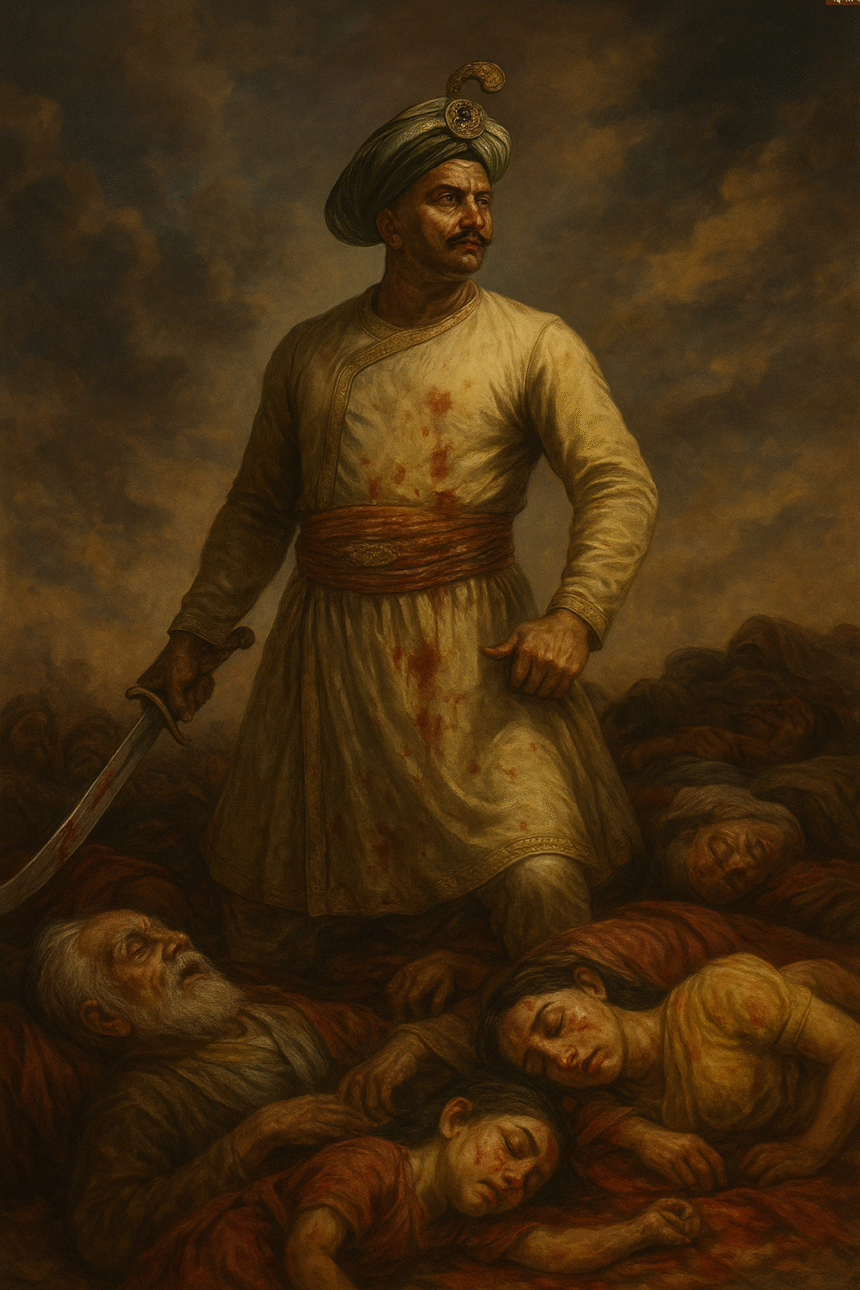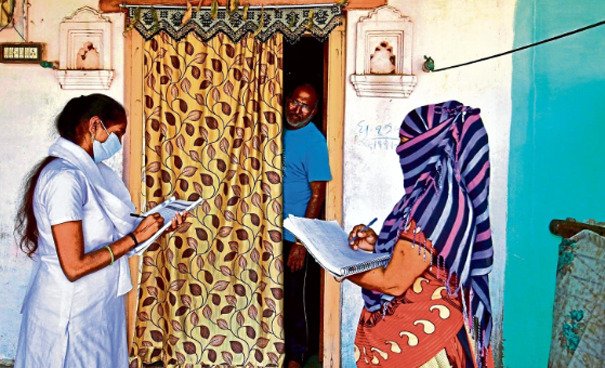For decades, Indian history textbooks and political speeches have hailed a certain 18th-century ruler as a “freedom fighter,” a “modernizer,” and even a “secular icon.” Streets, public buildings, and even school syllabi have carried his name with pride. But beneath this carefully manicured image lies a far more disturbing reality, one soaked in blood, religious persecution, and mass brutality.
This is not just an academic correction. It is a civilizational imperative. The truth about Tipu Sultan must be known.
A Tyrant, Not a Patriot
Tipu Sultan, the so-called “Tiger of Mysore,” is often portrayed as a valiant warrior who resisted British imperialism. While it’s true that he fought the British, the motivations were hardly nationalistic. Tipu was less a patriot and more an expansionist monarch with an Islamic supremacist vision — one who sought assistance from the French and the Ottoman Caliph to establish Sharia rule across the Indian subcontinent.
His wars were not fought for India, but for Islam.
Religious Intolerance- In His Own Words
Unlike modern politicians who carefully craft their narratives, Tipu left behind Persian records of his actions. These letters and inscriptions, many of which are cited by historian Vikram Sampath in his detailed biography “Tipu Sultan: The Tyrant of Mysore”, reveal a man proud of his brutality.
In one letter to the Ottoman Sultan, Tipu boasts of forcibly converting 40,000 Hindus in a single campaign. His invasions of Malabar, Coorg, Mangalore, and Melkote were marked by temple destruction, mass circumcisions at swordpoint, and the brutal killings of those who resisted.
The Massacres History Forgot
-
Malabar (1789–92): Tipu’s troops razed temples, butchered Nair and Moplah Hindus, and converted thousands en masse.
-
Coorg (Kodagu): Over 80,000 people were taken as prisoners. Men were forcibly circumcised; women were raped or sold into slavery.
-
Melkote: More than 700 Iyengar Brahmins were massacred inside temple premises for refusing to convert.
-
Mangalore & South Canara: Over 60,000 Christians were forcibly converted; churches were torn down.
These were not aberrations of war. They were the systematic policies of a tyrant with a theological agenda.
The Great Whitewashing
Despite this horrifying legacy, Tipu Sultan has been whitewashed into a hero by sections of India’s political class and academic elite.
Congress governments in Karnataka institutionalized “Tipu Jayanti”, celebrating a man whose sword did not distinguish between Hindu and Christian blood. NCERT textbooks presented him as a “progressive” who built dams and promoted trade — conveniently omitting his record of forced conversions, jihad, and temple desecration.
It’s a curious case of Indian secularism: where temple burners are celebrated, and temple protectors are forgotten.
The Real Patriotism That Defeated Him
Ironically, Tipu did not fall in battle to the British alone. His final defeat at Srirangapatna in 1799 came at the hands of a coalition that included the Marathas, the Nizam of Hyderabad, and British forces.
He was not viewed as a national hero even in his time. His own people reportedly opened the gates of the fort during the final siege. There were no mass uprisings to avenge his death. No chants, no legacy. Just silence.
The Politics of Remembering selectively
The glorification of Tipu Sultan is not merely a misreading of history; it’s a political project.
It fits a certain ideological framework: to downplay the suffering of Hindus, to project invaders as reformers, and to reduce complex histories into convenient slogans. But when public memory is shaped by political compulsions instead of truth, it breeds resentment, not reconciliation.
Time to Set the Record Straight
Tipu Sultan was not a freedom fighter.
He was not a secular king.
He was not a symbol of harmony.
He was a bloodthirsty bigot, a tyrant who viewed Hindus and Christians as enemies of Islam. His legacy is not of resistance, but of religious terror.
In an age where truth is the first casualty of ideology, reclaiming real history is a form of resistance. And resistance, as Tipu himself once wrote, is only righteous when all other means have failed.
The time to resist historical lies is now.




